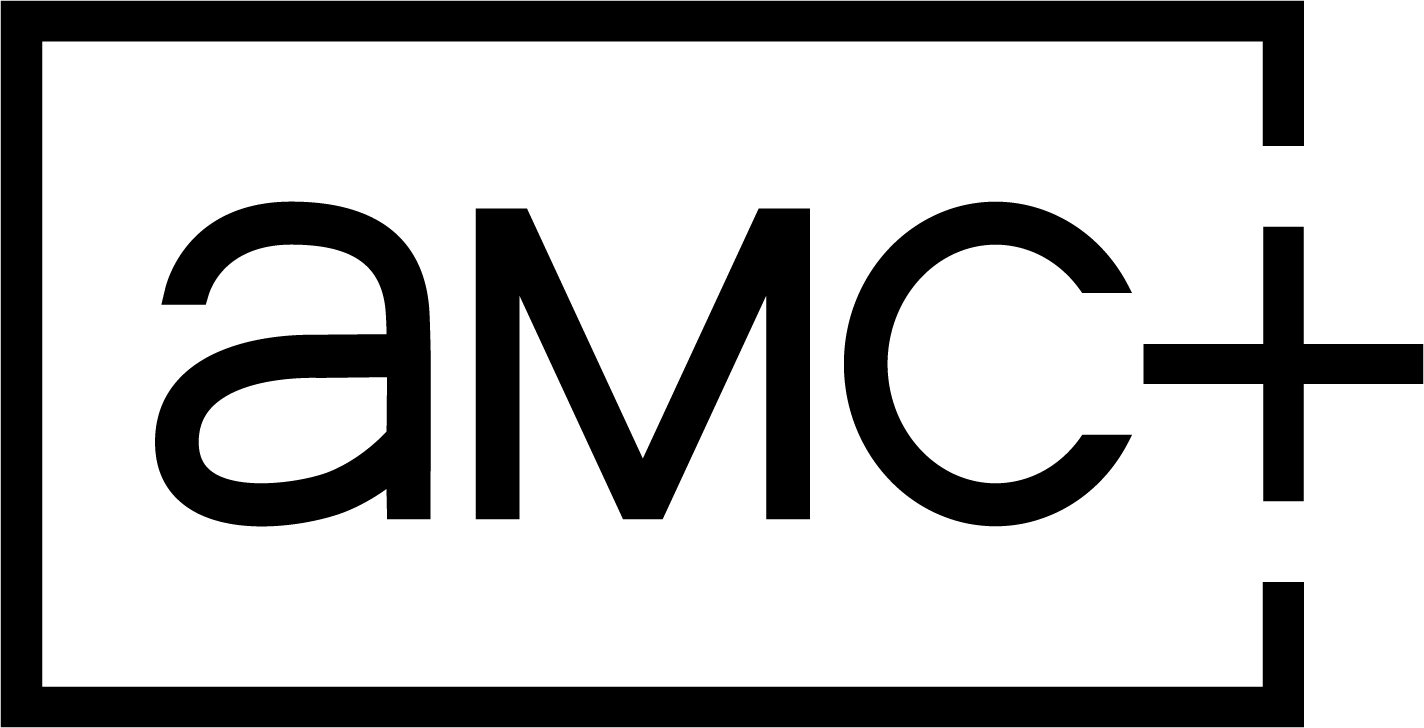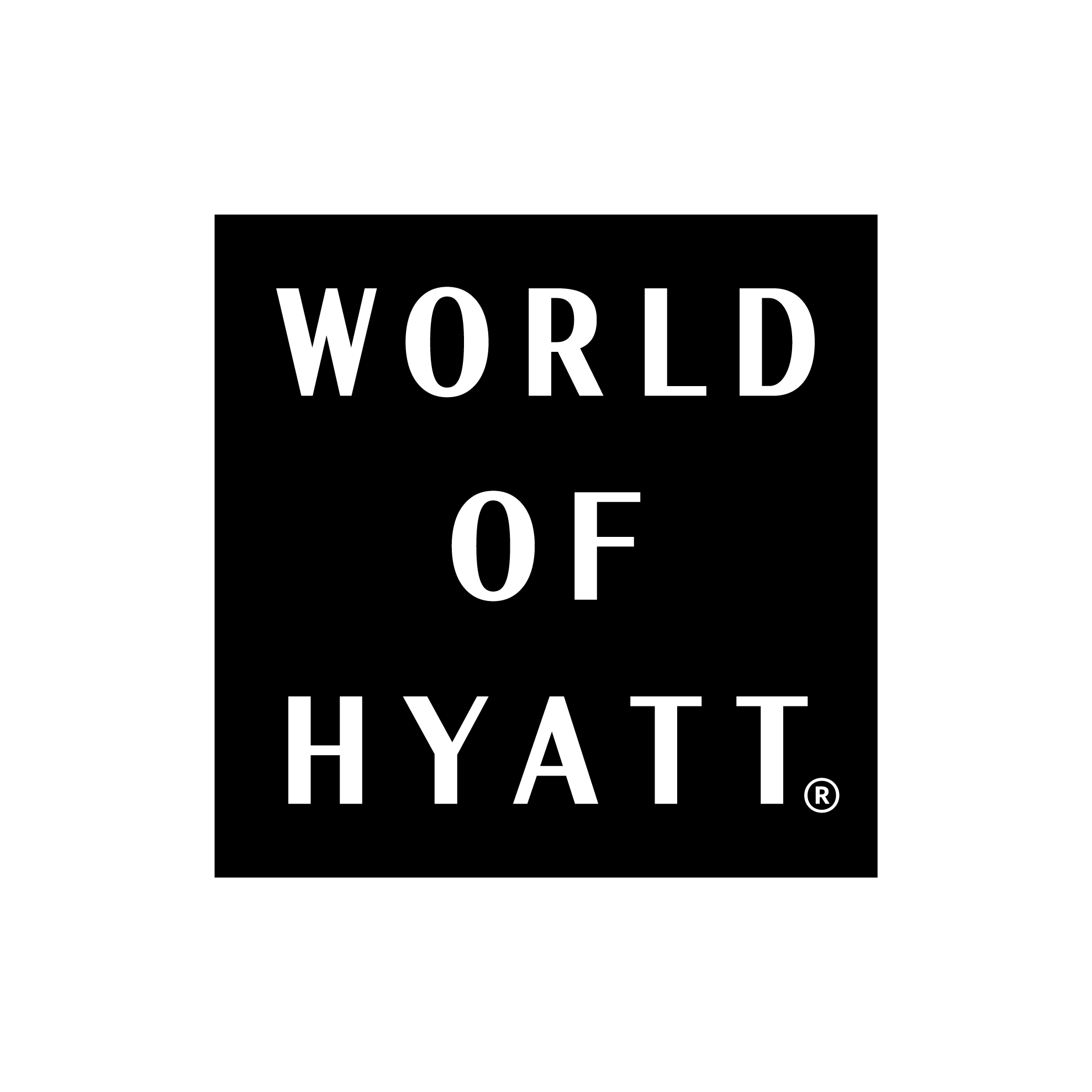Daniel Hoesl, co-director of “Veni Vidi Vici,” speaks into the microphone at a Q&A session following the premiere of the film on January 18, 2024, at the Sundance Film Festival. (Photo by Marc Sagliocco/Shutterstock for Sundance Film Festival)
By Vanessa Zimmer
The richest people in the world get away with anything. Next thing you know, they’ll be getting away with murder. And that’s exactly what happens in the Austrian film Veni Vidi Vici, which opened Thursday, January 18, at the 2024 Sundance Film Festival.
Murder is not even an act of passion in this film. It’s serial killing for sport. Wealthy entrepreneur Amon Maynard (Laurence Rupp) picks off a cyclist pumping up the highway, jokingly calls it “recycling” as he swaps his street shoes for cycling shoes, mounts the dead man’s bicycle, and sets off downhill, whooping with joy, as his butler carries away his street shoes and his rifle.
The butler, clearly, is enabling Amon. But so are others, just more invisibly, like the police, who ignore an old gamekeeper who reports seeing Maynard walking with a rifle near the scene of two people randomly cut down in the woods. A court judge, government officials, business people who benefit from Amon’s investments — all avert their eyes.
Meanwhile, Amon comes off as a benevolent man who supports sustainable energy, who admires animals too much to hunt them, and who showers attention on his children. What will happen to the oldest, Paula (Olivia Goschler) — a teenager curious about her father’s huge gun collection and proving to be Little Miss Sure Shot down at the arcade?
Veni, vidi, vici, Latin for “I came, I saw, I conquered,” is attributed to Julius Caesar in regard to military maneuvers. In this dark satire on class, it is a privilege reserved for the rich.
In the post-premiere Q&A, co-director Daniel Hoesl says it took nine years to make the film. He wrote the screenplay in 2015, but he couldn’t attract financing or support. “They [potential investors] wanted Amon to change, you know, in the course of the story,” and reform himself, Hoesl says. “I had to insist that he wouldn’t. That was the problem.”
The son of a truck driver and a nurse, Hoesl comes from working-class roots. He emphasizes that it is the responsibility of all of us to stop people like Amon Maynard. “He’s so charming that the sunlight is blinding us. We all know about these people, we know people like him, and we let them get away with it, and I wondered why. It is our job to change that.”
As Paula questions early in the film, defending an obvious, but uncalled, foul she commits in a polo match that saved the day for her team: Who is to blame? The person who commits the foul? Or the person who looks the other way?
Hoesl has examined the world of wealth and power in previous films, among them his debut feature Soldier Jane (Soldate Jeannette) at the 2013 Festival, as well as WinWin (2016) and the 2020 documentary Davos with his Veni Vidi Vici co-director Julia Niemann. “We always follow the money,” Hoesl jokes in their Meet the Artist video. Hoesl lamented that Niemann, who worked so hard beside him to bring the project to completion, was unable to attend the premiere because of food poisoning.
This World Cinema Dramatic Competition film has been bought by Magnify, formerly Magnolia Pictures.

































